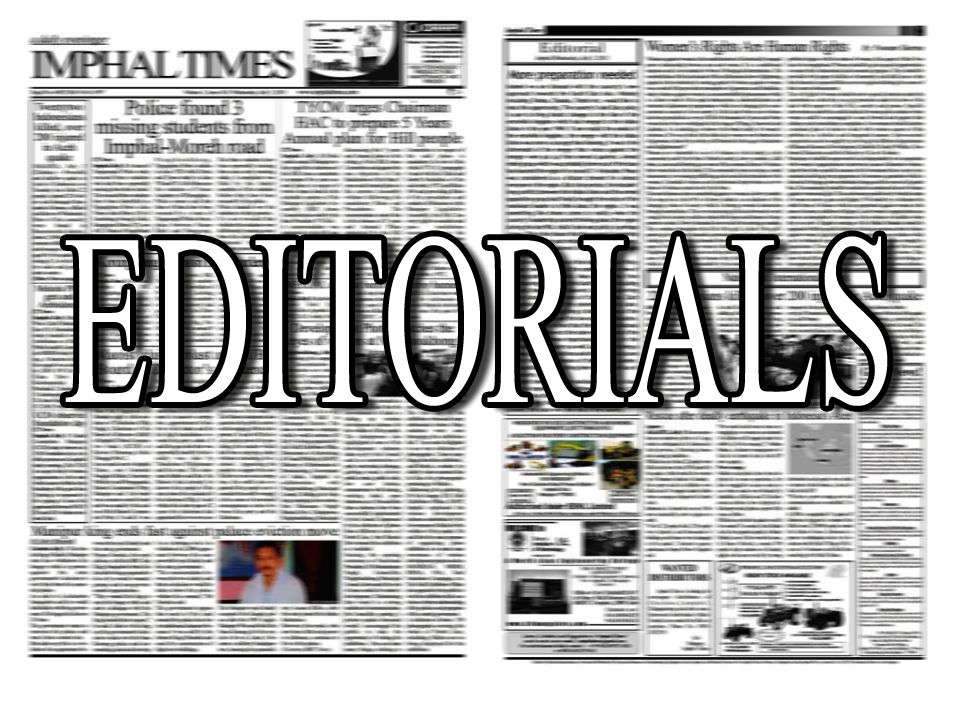
Technological advancements are an all-pervading phenomena, one which is impossible to miss. And so, our small and relatively remote state has been engulfed with such changes that are hard to ignore. Though physically and geographically hard to access, technology has made its mark on the public. The virtual world has shrunk and information is now just a click or a swipe away. The state Government is also doing its bit to promote and propagate the integration of technology in every department and systems, albeit in a rather frustrating and for-the-sake-of-it manner. Despite such advancements and progress; or attempts at progress, the plight of a section of the public with disabilities and difficult physical deformities remains almost impossible when it comes to accessing these public facilities and services. The Persons with Disabilities (Equal Opportunities, Protection of Rights and Full Participation) Act, 1995 was an Act to give effect to the Proclamation on the Full Participation and Equality of the People with Disabilities in the Asian and Pacific Region. However, almost two decades on, we still have yet to see even the most basic groundwork to implement the recommendations and directions of the laws which is aimed at making all and every public facility accessible to the differently able and physically challenged persons. More surprising is the fact that these recommendations are not something which would put a financial constraint on the Government as it entails very basic changes and alterations or additions to the present infrastructures to make them more accessible. The total absence of such facilities at the public places in the state indicates a total lack of regard and consideration for this section of the society more than anything. Discounting the weak and infirm will only add to the woes of the Government. It should instead focus on making the most of its citizens by empowering them to contribute to the society. The contributions of outstanding persons like Prof. Stephen Hawkins, a multiple paraplegic in the field of science, or that of Marla Runyard, the first legally blind paralympian to compete in the Olympic Games in Sydney, Australia, or Ludwig Van Beethoven who composed some of the most famous musical compositions after he became completely deaf cannot be ignored. One would surely admire the achievements of Helen Adams Keller, the deaf and blind American author, political activist and lecturer. All these extraordinary people managed to overcome their physical and mental constraints and outshine everyone in their respective fields because of the support, guidance and understanding provided to them. A government which cannot render even the most basic assistance for its disadvantaged citizens, for all its achievements and advancements, cannot claim itself ideal. Understanding the everyday ordeal of these people can shape the holistic development of a state or a country. It is for all of us to try and make the world that little bit easier for the physically less fortunate citizens, and the Government has a very urgent and important task of living up to its own claims of a fair and considerate setup.



